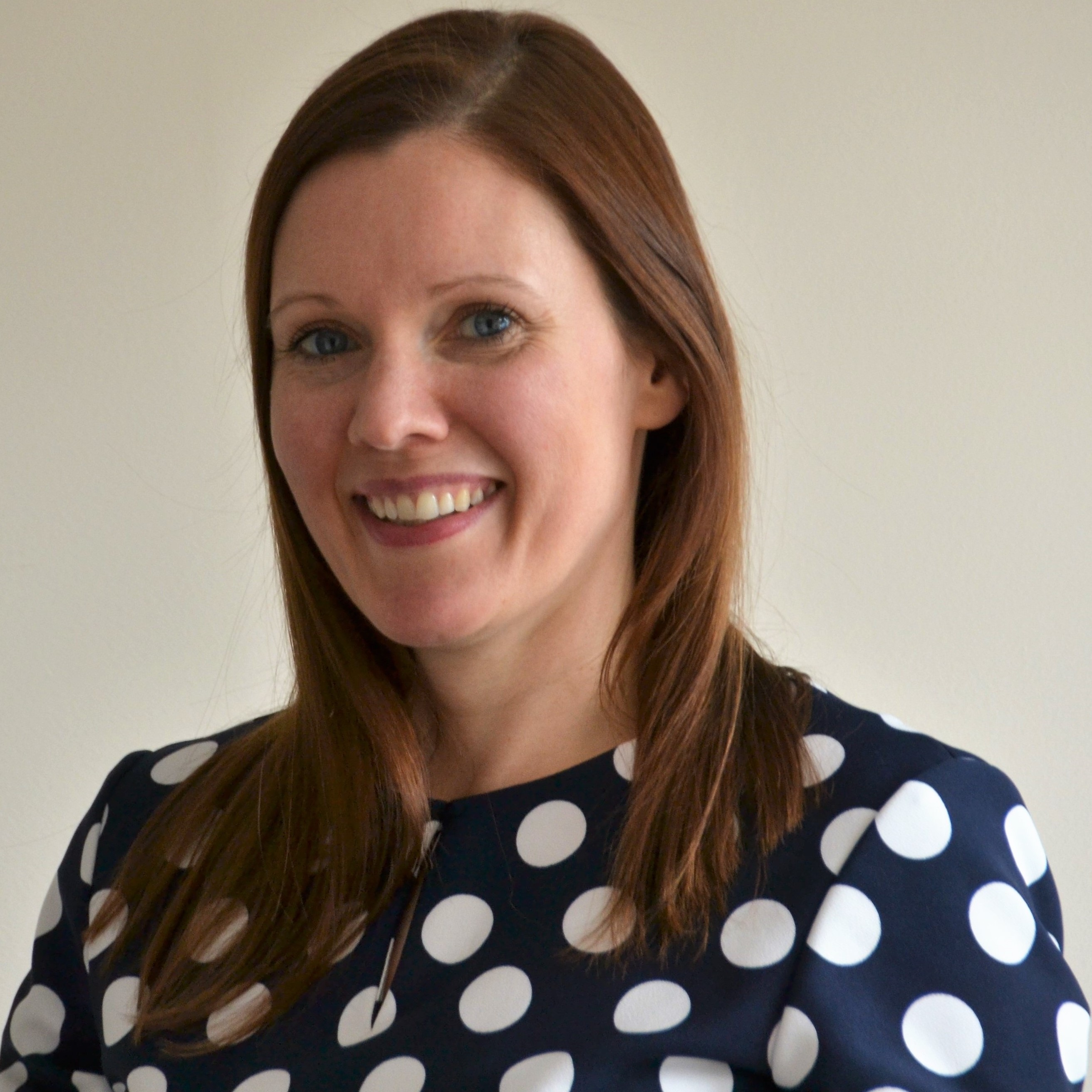The UK’s Worker Protection Act came into force last October; now is the time for all employers to act.
Employers are required to have trained physical first aiders in their workplaces. That's great. The problem is that for most work places the greatest risk, or the most likely problems to be encountered, are around mental health not physical health. Norman Lamb MP, a campaigner around mental health and a trained mental health first aider, has put down an early day motion in the House of Commons calling for this to be addressed. It would be a great way to address some of the disparity of treatment between physical and mental health, and chisel away at the ongoing stigma surrounding the latter.
We all have mental health, just as we all have physical health, and in both cases we are on a continuum, where our health can vary day to day. It is estimated that one in four people experience a mental health issue in any given year, and that one in six employees is depressed, anxious or suffering from stress-related problems at any time. However, many of us know little about mental health. We often don’t spot the signs that a colleague, employee, or we ourselves are struggling, and this delays help and recovery.
Related Articles

Why training your employees is more important than ever

Starting a new job in lockdown...

Have you asked your employees what they want?


People Management: HR must protect workplace investigators from the threat of vicarious trauma
Head of Resolution Zoe Wigan shares how to recognise and mitigate this risk for investigators of distressing subject matter.


Personnel Today: Six ways to kickstart conversations about team stress at work
Rachael Forsberg shares six steps for workplaces properly discussing team stress, as a crucial first step in tackling it.


Reworked: The 3 Best Ways to Invest in Employee Mental Health and Well-Being
Investing in wellbeing can boost both productivity and profitability. Where should leaders begin? Mark O'Grady shares three key focus areas for workplace leaders in his latest piece for Reworked.




